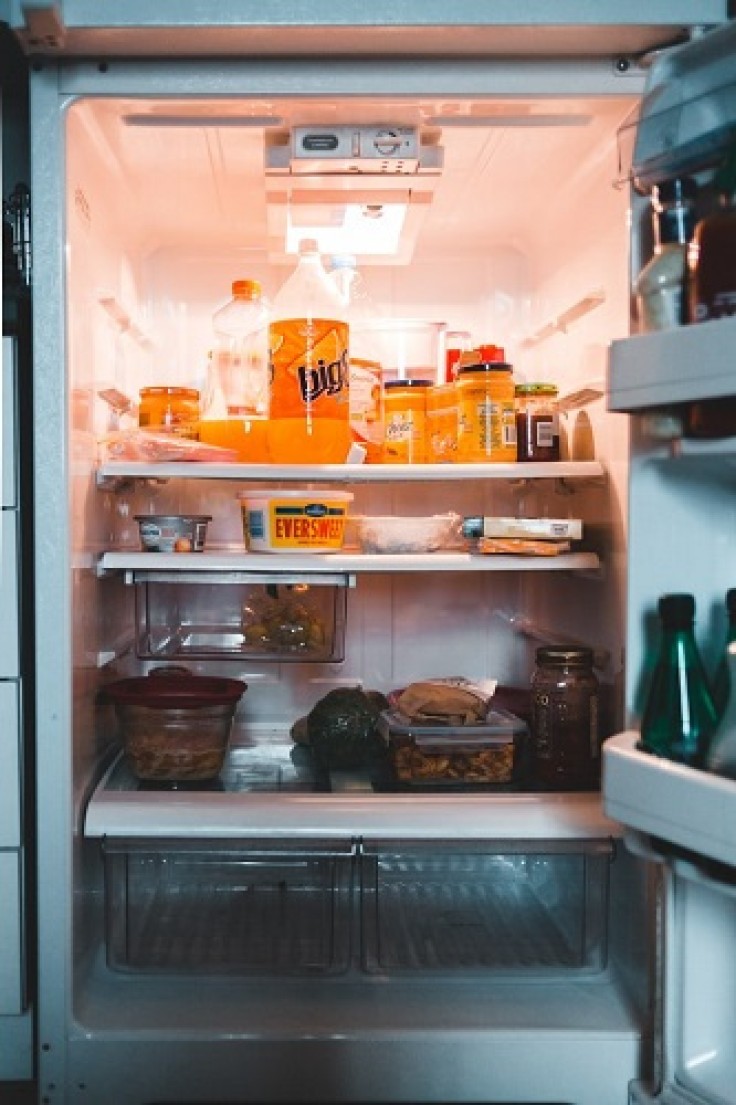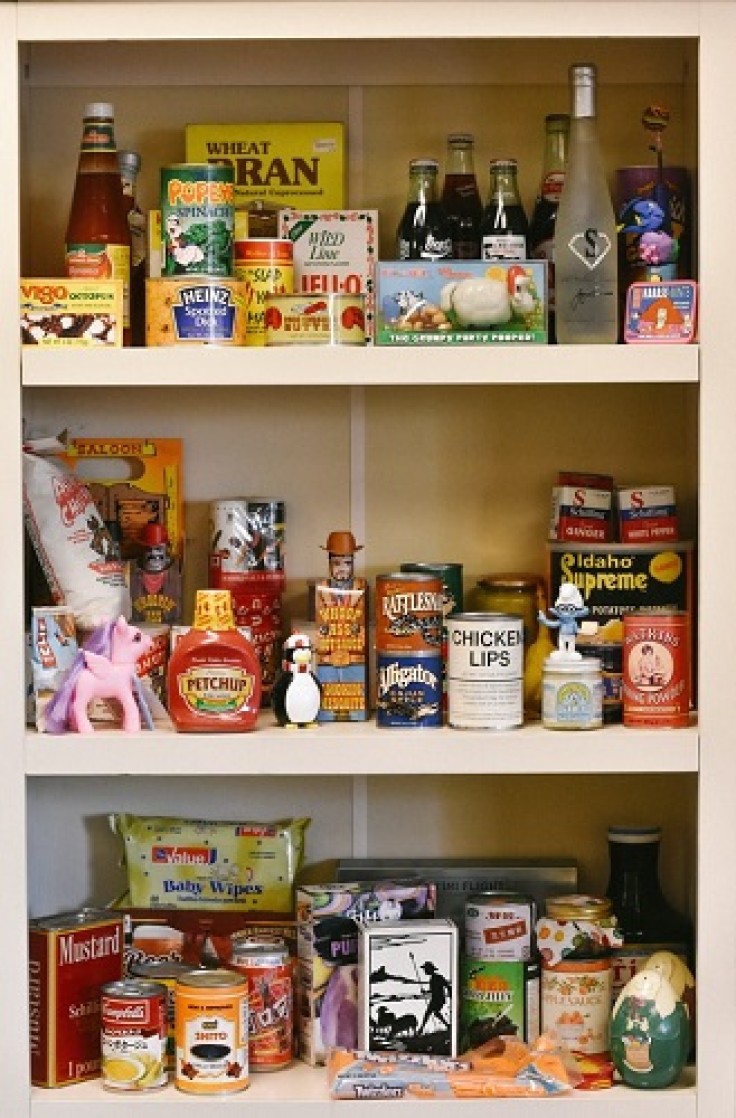Since the government advises families to self-isolate, every family is staying home 24/7, and you must make sure that your pantry always has something edible in it. Most of the time, when people stay home with nothing to do, they would resort to finding something to eat.
Sometimes some foods are still safe to eat beyond expiration dates. However, sometimes, there is no assurance of when they are still safe to consume or whether they could cause foodborne diseases. However, since it is such a waste to throw away perfectly fine food, especially now that it would be better to stay home for your safety, we have some tips to help preserve the pantry during the quarantine period.
Organize Your Fridge
The best way to organize food in the fridge is by following how professionals do it. Experts' primary consideration is food safety, so they organize food based on the temperature needed to cook the food.

Foods that do not require cooking are at the top, and those that need cooking in the highest temperature, like chicken, are placed at the bottom-most. On the backside of the door, you should only place condiments as it is the warmest part of the refrigerator. Eggs and milk should be placed in a colder part of the fridge.
Understanding Expiration Dates
What you need to know about expiration dates is that only baby formula is required by law to have an expiration date. Manufacturers voluntarily place expiration dates on other foods.
Most of the time, the date indicated is just more of a "quality" guideline to when a product will have lost its peak freshness and flavor, but it does not mean that the food is not safe to eat anymore.
What are the terms that we see printed on food packages and what do each mean?
According to the USDA, different phrases are used by companies on labels to describe "expiration dates."
- Best If Used By/Before indicates when a product is at its best flavor.
- Sell-By tells a seller until when he should sell the product.
- Use-By shows when the product will be used at its peak.
- Freeze-By indicates when a product should be frozen to preserve its peak quality.
Common Sense Guidelines About Food
Here are some more things to keep in mind
Use your senses to decide.
Food that looks, smells, and tastes okay is safe to eat. Any food that has become stale or lost some flavor is still safe to eat, except however for infant formula. Most foods are safe to eat even if past their expiration dates -- unless stored incorrectly or obviously spoiled.
Shelf-stable food can be kept for a long time.
Canned goods, dried beans, pasta, rice, or anything sold in pouches can be kept and eaten for a long time. Canned goods when dented are safe to eat, rusted not so much, but if you see a pop in either top or bottom of the can, then that would deem unsafe to eat.

If in doubt, freeze.
Food bacteria that cause spoilage do not grow in the freezer. According to the USDA, anything frozen is safe to eat indefinitely, so if you want to keep food longer, keep them in the freezer.
Repack food once opened.
Repacking food helps preserve the freshness of the food and is not necessarily about safety purposes. You may opt to transfer leftover food in an airtight container to keep them fresh.